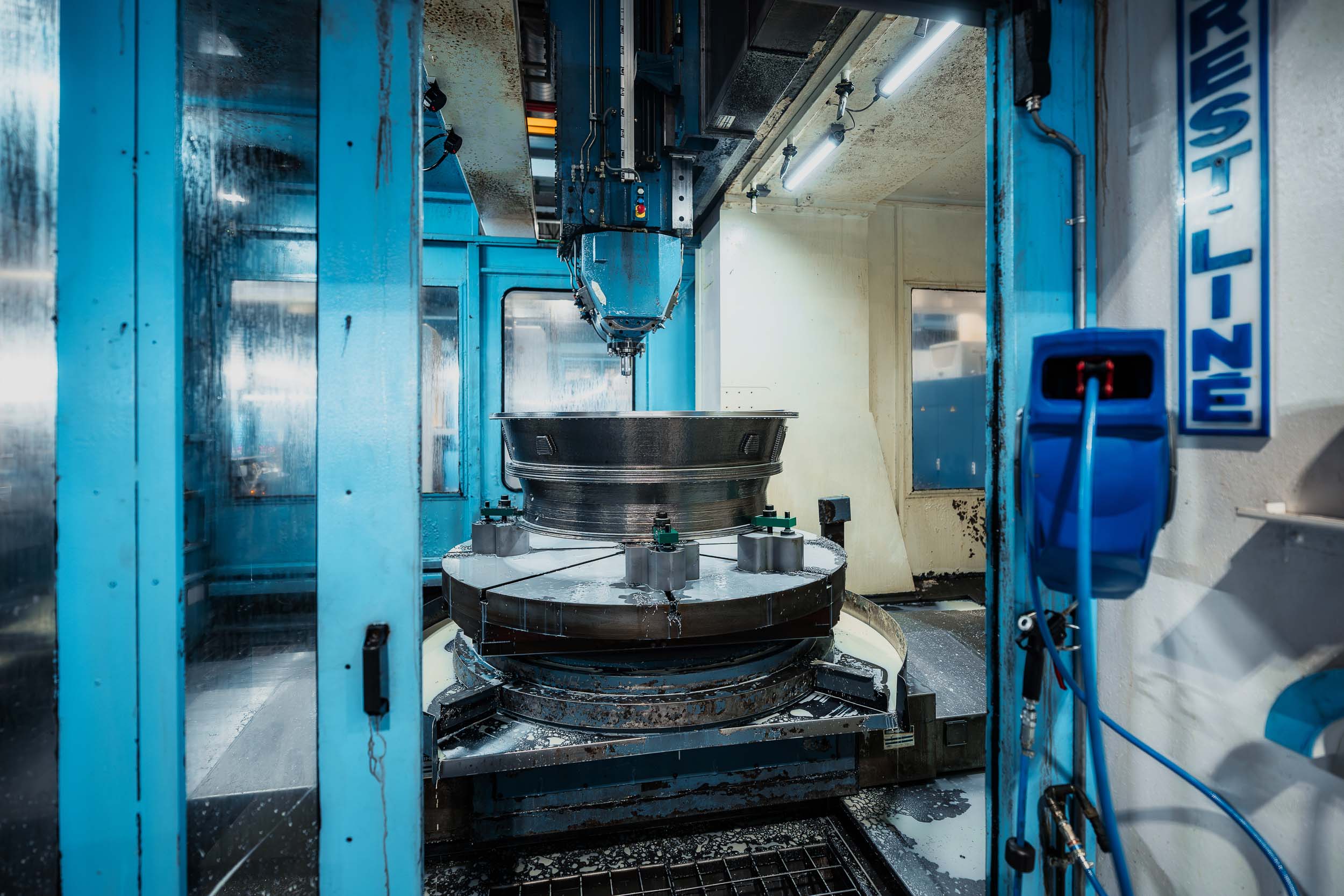The Future of Aircraft Parts — Layer by layer
Material Solutions
GKN Aerospace has been at the forefront of additive manufacturing for over 20 years. In Kongsberg and Trollhättan, we develop solutions that shape the future of aviation, and with Material Solutions, we are taking 3D printing to the next level.
We produce advanced components for some of the world’s leading aircraft programs. With additive manufacturing, we are more efficient, more sustainable, and even more precise. Our technology is present in aircraft such as the Airbus A220 and Embraer E195.
Latest news
GKN Aerospace accelerates additive fabrication industrialisation
An innovative future for the aviation industry
Material Solutions — Our Future Capability at GKN Kongsberg
A sneak peek at our production in Trollhättan
Material Solutions in a Global Perspective – Where Are We Headed?
What Is Additive Manufacturing?
Additive manufacturing, or 3D printing, is a technology where components are built layer by layer by fusing metal powder or wire with a laser. Instead of removing material from large blocks, we produce only what is necessary. As a result, we create less waste, lower energy consumption, and shorter production times. In addition, our parts are lighter, stronger, and more cost-effective – optimised for the demands of the aerospace industry.
Innovation That Takes Flight
In the aerospace industry, we offer the most cutting-edge solutions in 3D printing. In Texas, we have developed the world’s largest production cell for additive manufacturing – a milestone in both scale and capacity. In Trollhättan, we have launched a new facility supported by the Swedish government to scale technology for industrial use and cut emissions throughout the value chain.
Our components are already certified and used in commercial and military aircraft worldwide. GKN Aerospace also works closely with global partners such as Northrop Grumman, GE Aerospace, and Materialise to develop the aviation solutions of the future.


Driving Progress Through Collaboration
Traditional manufacturing of aircraft engines and structural components results in significant material waste. Additive manufacturing is a game changer. By building components layer by layer, material usage is reduced by up to 80 per cent – while also cutting energy consumption and the need for transportation.
Our initiative in Trollhättan, supported by Sweden’s Industriklivet (The Industrial Leap) program, demonstrates how innovation and sustainability go hand in hand. Not only is GKN developing technology for the future, but we are also creating new jobs and industrial solutions that reduce carbon footprints and increase local value creation.
We continuously drive innovation through collaboration with the industry, academia, and governments. As a result, we facilitate a new type of manufacturing and create new possibilities in design, performance, and maintenance.
At GKN, we are developing solutions for electric aircraft, eVTOL vehicles, and the jet engines of the future. Together with our partners, we are creating safer, more environmentally friendly, customised products – for civil and military aviation.
High Technology and Opportunities in Kongsberg
In Kongsberg, GKN Aerospace is a key player in high-tech manufacturing for the aerospace industry. Today, we focus on precision machining and producing advanced aircraft engine and structure components. This work requires high accuracy and technical expertise, enabling aircraft to fly farther, faster, and more efficiently.
GKN Aerospace Norway (GAN) continuously works towards innovation, sustainability, and ongoing development. We already use additive manufacturing and 3D printing in our production, which has helped us reduce material waste and energy consumption.
If you seek a job in Kongsberg, GAN offers exciting career opportunities in manufacturing engineering, quality control, and technological development. We are always looking for dedicated and skilled workers, engineers, and technicians who want to be part of a global company with strong local roots.
Join GKN Aerospace Norway and help shape the future of aviation technology.





